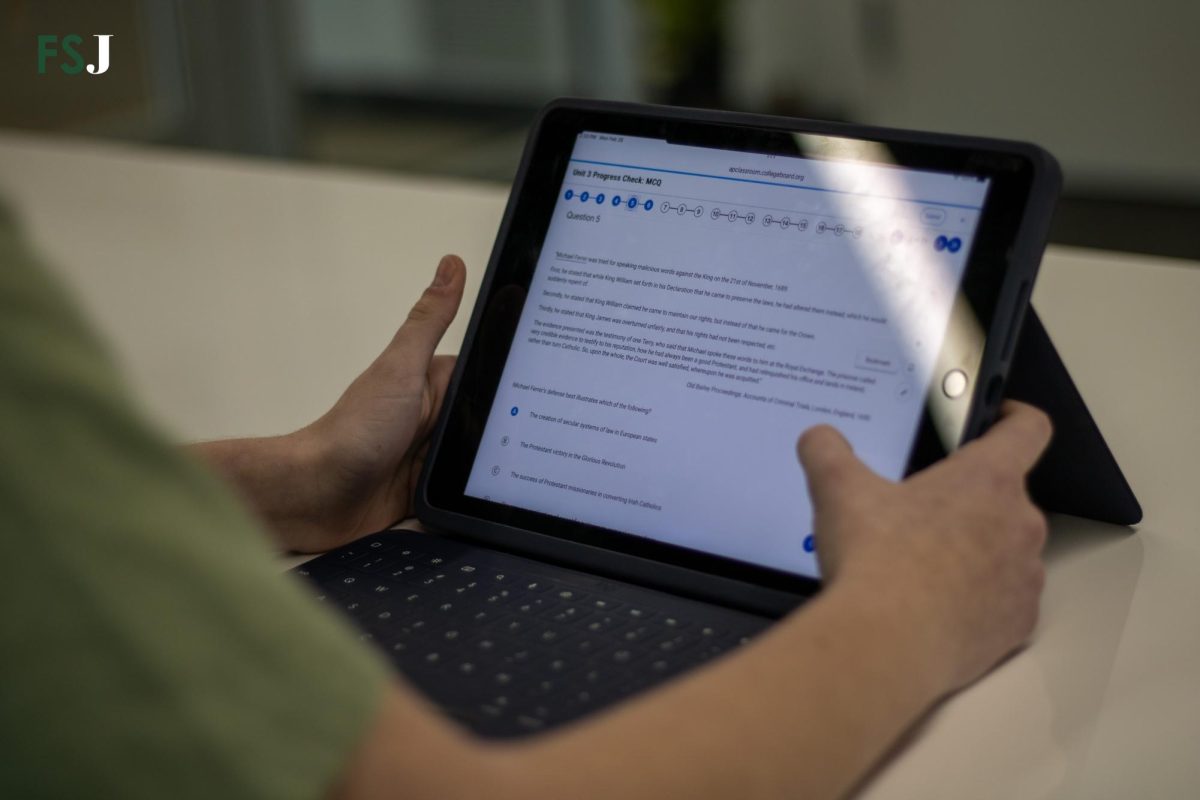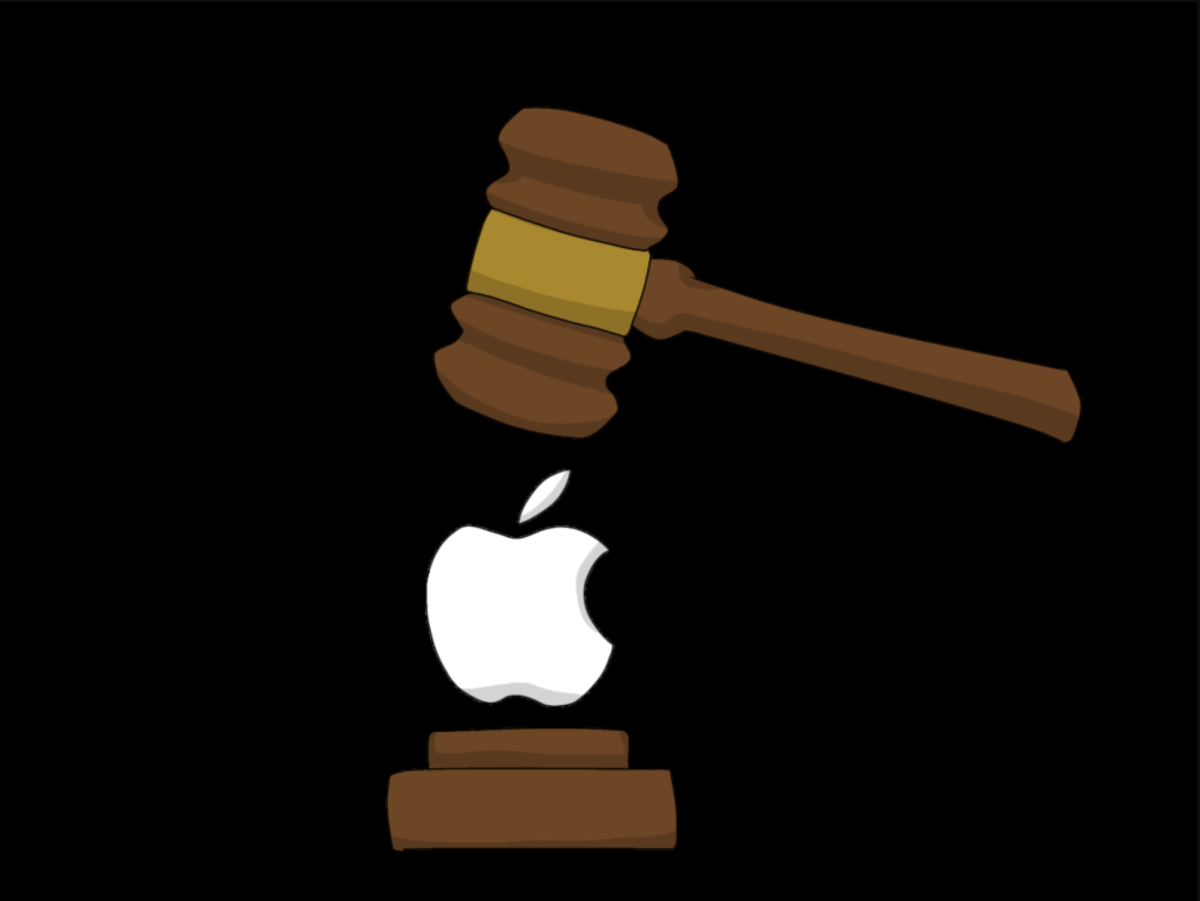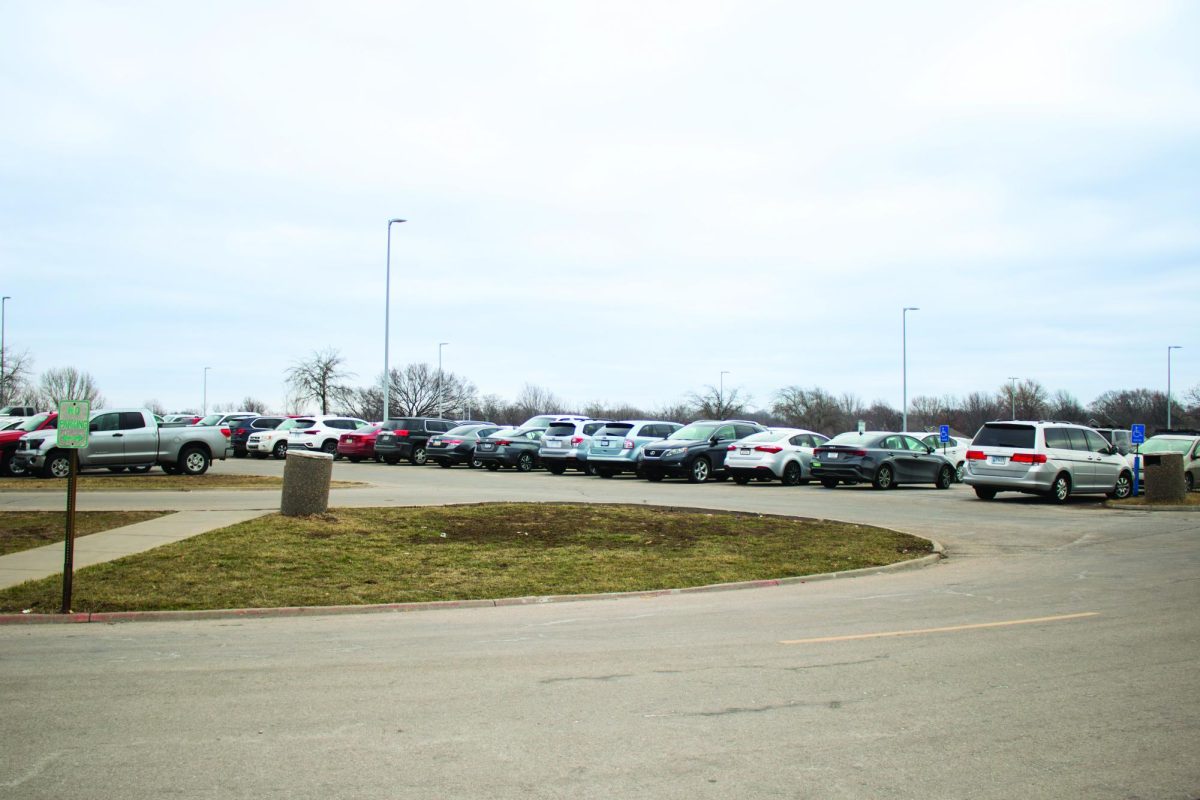The College Board has announced that nine Advanced Placement exams will be fully digital by May 2025. The first round of digitization includes courses such as AP Language and Composition, AP Literature and Composition, AP European History, AP United States History and AP World History with the notable exclusion of STEM-based classes.
Some students and teachers find themselves frustrated with this change. AP Language teacher Kylee Johnston feels that while the scores may not be drastically affected, the student experience and learning yields will be shaped by this change.
“Surprisingly, some students write faster than they type and typing makes your writing more choppy,” Johnston said. “We also want students to write on paper to actually learn grammar on their own.”
Johnston also worries about the practicality of tests that include document-based questions and synthesis essays for courses like AP European History and AP Language and Composition. Johnston feels that her students preferred the paper tests as they were able to annotate.
“When the tests are digital for the synthesis essay the DBQ you have to scroll back and forth through the sources,” Johnston said. “Yes, you can use the highlight tools on the computer, but I think that part is going to take longer.”
The digitization process excludes tests for STEM courses like AP Pre-Calculus and AP Chemistry as these courses are heavily dependent on students’ work being shown. AP Pre-Calculus teacher Alyssa Barratt feels that a student’s grade can be drastically affected by the work they showed.
“There are a lot of points associated with the process, it also helps give partial credit,” Barratt said. “So if you’ve made a small arithmetic error, but you still understand the concept of a question, we can give you a lot more points.”
Additionally, Barratt said that current technology and programs that the AP exams use are not well equipped for students to show their work. However, she believes it is a future possibility for STEM classes to be accomplished digitally as well.
“As technology evolves especially with iPads and styluses, that would probably be pretty possible,” Barratt said. “We do a lot of math vertically instead of horizontally and computer systems are usually built to type horizontally.”
In general, students have mixed feelings toward this switch. Junior Somjai Sengchan feels that STEM classes should remain on paper, however, digital language and history tests with long writing components would be more suitable for students.
“When writing things like DBQs and essays, doing it on a laptop would be easier than on paper, but for other things, there’s not much of a difference,” Sengchan said.
Overall, the digitization of AP exams is not expected to prompt any significant changes regarding test scores or number of participants. The next round of digitization comes in May of 2026 and includes classes such as AP Art History, AP Comparative Government and Politics, AP Computer Science A, AP Human Geography, AP Latin, AP United States Government and Politics.

















![Monitoring the school, School Resource Officer Kasey Wiltz works in her office to help make Free State a safer place. Over the past four years as an SRO, Wiltz has discovered a passion for the work as well as the community. “Once I became a school resource officer, [I found my niche] and I didn't ever want to do anything different,” Wiltz said.](https://www.fsfreepressonline.com/wp-content/uploads/2025/03/Butler_2_11_2025_Casey-Wiltz-2-copy-1200x801.jpg)


